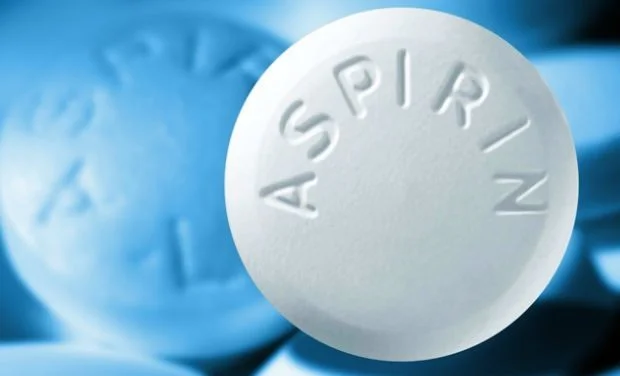Study: Aspirin May Cut Prostate Cancer Deaths By Half
/Early research from the American Society for Radiation Oncology (ASTRO) in San Diego suggests anticoagulants, or blood thinners, such as aspirin by lower the risk of death from prostate cancer. But if these results are confirmed, patients who are taking aspirin for other reasons may experience an added benefit if they are suffering from early stage prostate cancer that has not yet spread beyond the prostate gland.
The study followed over 5,000 men with localized prostate cancer; nearly 2,000 of them were on anticoagulants such as aspirin, Lovenox or Plavix. Within 10 years of their prostate cancer diagnosis, 10 percent of the men were not taking the blood thinners had died from prostate cancer and only 4 percent of those on an anticlotting medication died.
People with cancer are usually more prone to blood clots and people with blood clots are usually at increased risk of cancer. The researchers in this study concluded that anticoagulants could lower the risk of dying for men diagnosed with prostate cancer. Men who took aspirin, as opposed to the other drugs, gained the greatest benefit. The most interesting result of this study is that patients with aggressive, high-risk cancers got biggest benefit from anticoagulants.
The incidence of the cancer spreading to the bone was lowered while the PSA (prostate-specific antigen) blood levels were better regulated. Anticoagulants work by interfering with cancer cells, coated by platelets, from entering the bloodstream and spreading. The idea behind science is that the cells are no longer protected from immune cells and cannot stick to healthy cells.
These findings are certainly intriguing. But looking ahead, the optimal dose, timing and duration needs to be determined. Also it's important to note that aspirin and other anticoagulants have their own risks - most importantly, bleeding. So it's important with any new treatment or therapy to make sure the benefits outweigh the risks.
This is still encouraging prostate cancer news for patients. These results could essentially be "practice changing." But a carefully controlled randomized trial (placebo vs. aspirin, dosage responses, etc.) needs to be conducted before definitive conclusions can be made on the potential benefits of aspirin in prostate cancer treatment. Prostate cancer patients need to talk with their doctors about their risks with aspirin or any other anticoagulant before taking them on their own.
I would not recommend routine aspirin use in men with prostate cancer, so it's premature to think that aspirin should be integrated in standard prostate cancer treatment therapy in all patients. Aspirin may be a commonly used, cheap and readily available over-the-counter medication, but it can still cause serious medical problems, especially stomach bleeding. If your risks of complications are low, a baby aspirin a day may be the safer way to go in reducing your risk of prostate cancer metastasis.
So, unless you are already taking aspirin for another reason, don't rush for the aspirin bottle just yet! As mentioned before, much more research will be needed to see if aspirin should be incorporated into prostate cancer treatment regimens, since these findings are only preliminary. As always, check with your doctor before incorporating any new drug into your routine to guard against complications and contraindications.

